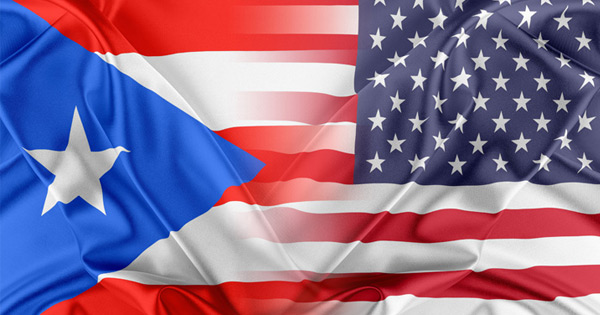Manuel Cidre, secretary of the Department of Economic Development and Commerce (DDEC), assured that the tax rate of 15% does not represent a big impact for the Island, since at present the multinational sector is taxed at a rate of 10.5% .
“On the contrary, it could represent an opportunity, since these companies will have to distribute part of the benefits in the countries where the income is generated, which would represent an additional contribution for the Island,” said Cidre.
He emphasized that the use of the money should go to the creation of incentives to meet the needs of these companies and that it should not go into government accounts.
“We have to use that additional money to reduce energy costs, incentivize labor and transportation, among other deficiencies.
The official admitted the need to give continuity to the efforts to ensure that the Island is excluded from the payment of the Global Intangible Low Tax Income (Gilti), contemplated in the federal tax reform and in which it is about to the Island as a foreign and not a domestic destination.
The exclusion would give Puerto Rico a competitive advantage over other markets, just when the new 15% tax would take effect.
The Gilti is a category in the income earned abroad by foreign corporations controlled by the US (CFC) and is subject to special treatment under the North American tax code.
Among the criticisms it has received, it is indicated that it erodes the US tax base because it discourages multinational companies from shifting profits towards assets that move easily – such as intellectual property rights – to foreign jurisdictions with lower tax rates, to those of the USA.
“Now in destinations that competed directly with the Island, these companies have to pay 15% as well. The challenge is in what additional things we can offer. You have to be creative and innovative to achieve the agility that is required, “said Cidre, without ruling out the possibility that the government intends to attract other types of companies that are not included in the new 15% tax.
The authorized public accountant (CPA), Kenneth Rivera, said that the new tax could be an opportunity for the island, but warned that before it would represent a challenge because it takes away from the country the main mechanism to attract investment.
Rivera agrees on the need for the Island to be exempted from Gilti, but understands that it is difficult given the tense atmosphere in Congress between Democrats and Republicans.
“I see the point that something has to be done about it, but the ‘timing’ is terrible. There are things advanced and they are working on the effort. We need to explain to the federal government how convenient it is as a tool to encourage economic development and reduce dependency, ”said Rivera.
“For now, we have 15 months to get the local government to get something aligned with what these companies request to establish themselves on the island,” he added.
For his part, Rodrigo Masses, president of the Alliance for the Economic Development of Puerto Rico (Adepr) and former president of the Association of Industrialists of Puerto Rico (AIPR), considers that the new tax achieves a balanced ecosystem and generates a fairer competition . He emphasized that for the moment, what each country can do to stop the impact is not limited, an area where he understands that the Island can have an advantage over other countries.
“The one that is not limited to the countries establishing their own maneuvers to be attractive to investment, defeats this measure, since each one establishes its strategies and in that area Puerto Rico already has a whole scaffolding,” said Masses.
Among the advantages he pointed to the existence of innumerable subsidies, incentives, skilled workforce, logistics, knowledge, expertise and the proximity and relationship with the United States.
“You have to see to what extent each country has the independence to offer these companies in each of these items,” he added.
For the economist José Alameda, it is important to know the particular details of what each jurisdiction can offer and to evaluate whether the Puerto Rico proposal is sufficient to retain and attract investment.
“At the moment there is only the agreement between the jurisdictions, but it is unknown what else will be agreed,” said Alameda.
For Carlos Serrano, president of the Tax Committee of the Industrial Association, this agreement changes everything.
According to data from the DDEC, the pharmaceutical industry is the main economic engine of Puerto Rico. Annually pays $ 3 billion in taxes, which represents 33% of the government budget; directly employs more than 78,000 people with an average salary of $ 62,000, and invests $ 500 million annually in improvements to its plants and equipment on the Island. This sector represents 30% of Puerto Rico’s economy.
